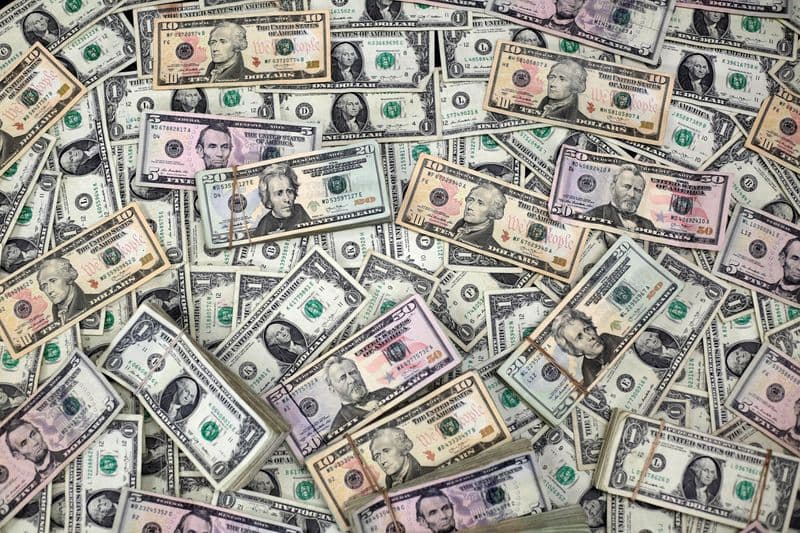History shows that primary budget surpluses and economic growth are the most reliable means countries have at their disposal to reduce debt, according to analysts at Deutsche Bank.
However, given the political and economic constraints, these options "seem unlikely" in the current context, they added.
And then there is inflation. In theory, rising prices can help with debt by reducing the real cost of these borrowings over time, thereby making it easier to pay off obligations with future money. Fixed-rate debts, for example, can become manageable because inflation potentially increases the borrower's income.
However, this positive effect for those who pay off debts may be weakened by an increase in nominal — or not adjusted for inflation — interest rates. Central banks can set these rates at a higher level to contain inflationary pressures, albeit at the cost of making debt more expensive.
In a note, Deutsche Bank analysts noted that "across the entire sample," any gains for indebted countries from inflation were "largely offset by higher returns." However, according to them, this experience varies greatly from country to country.
"Some countries benefited significantly from inflation, while others saw their debt burden worsen due to rising rates, which required more work through primary surpluses or real growth," they wrote.
This dynamic underscores the argument that inflation can be an effective tool to combat high debt levels only if "yields are contained," the analysts said.
"Financial repression" in the form of policies aimed at lowering interest rates to manage the national debt burden is becoming one of the options that lawmakers may explore, they said. But they warned that such a strategy is more feasible only with "high levels of domestic debt, a certain degree of capital control, a cooperative central bank, and a certain degree of trust in politics."
Instead, inflation — albeit with mixed results — may turn out to be the "most practical tool" for reducing national debt accumulation, "provided that policymakers can successfully implement measures to curb yields," the analysts said.
